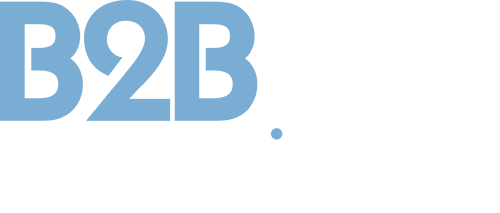The Department of Business Innovation and Skills (BIS) has confirmed that it has received three bids to operate the Compliance Fee system – introduced under the revised WEEE Regulations as an alternative form of compliance. Bids have been received from a consortium of five Producer Compliance Schemes, the Environment Exchange and the Joint Trade Associations (JTA). The JTA proposals include:
- A clear and simple-to-operate fee calculation methodology, based upon rigorous analysis from one of the UK’s leading economics consultancy groups.
- The appointment of a top ten UK accountancy firm to be the independent system administrator; responsible for the receipt and distribution of funds and the handling of all confidential information.
- A streamlined and uncomplicated process for Local Authorities to apply for funds, based on the requests and suggestions they have made to the JTA.
The JTA, which represents nine major trade associations in the electrical sector (AMDEA, BEAMA, BTHA, EEF, GAMBICA, LIA, PETMA SEAMA and techUK) responded after BIS invited interested parties to propose a compliance fee mechanism in accordance with the 2013 WEEE regulations. The compliance fee provides an alternative means of compliance if a Producer Compliance Scheme (PCS) does not obtain sufficient evidence to satisfy its producers’ collection target obligations.
BIS intend to consult on the proposals later in October and, while not mandatory, may approve a methodology for the calculation of a compliance fee and the appointment of a third party to oversee the administration of that fee. The Government has indicated that the latest a final decision would be announced is mid-February 2015.
Chairman of the JTA and Technical Manager at the Association of Manufacturers of Domestic Appliances, Richard Hughes said, “The compliance fee is an important element of the new WEEE system. It acts as a safety valve, ensuring that where a PCS has not fully met its target through collections during the compliance period, it has a legitimate alternative route to compliance. The methodology proposed by the JTA increases the compliance fee the further a PCS is from its target. This is designed to ensure collection of WEEE is encouraged as the main route to compliance and creates a fair, balanced market.”
David Burton, Project Director of B2B Compliance, commented on the impact of the potential introduction of the Compliance Fee “The combination of the introduction of fixed collection targets, and the potential option of PCSs to use the compliance fee as an alternative form of compliance, have already had a significant impact in that the balance of power is shifting between those PCSs that hold surplus tonnage and those that are short of evidence. In the past this imbalance risked exploitation of those ‘short’ PCSs that did not have access to tonnage – it will be interesting to see whether the ‘surplus’ PCSs will surrender their WEEE contracts – mainly held with local authorities – or risk bearing the costs.”


